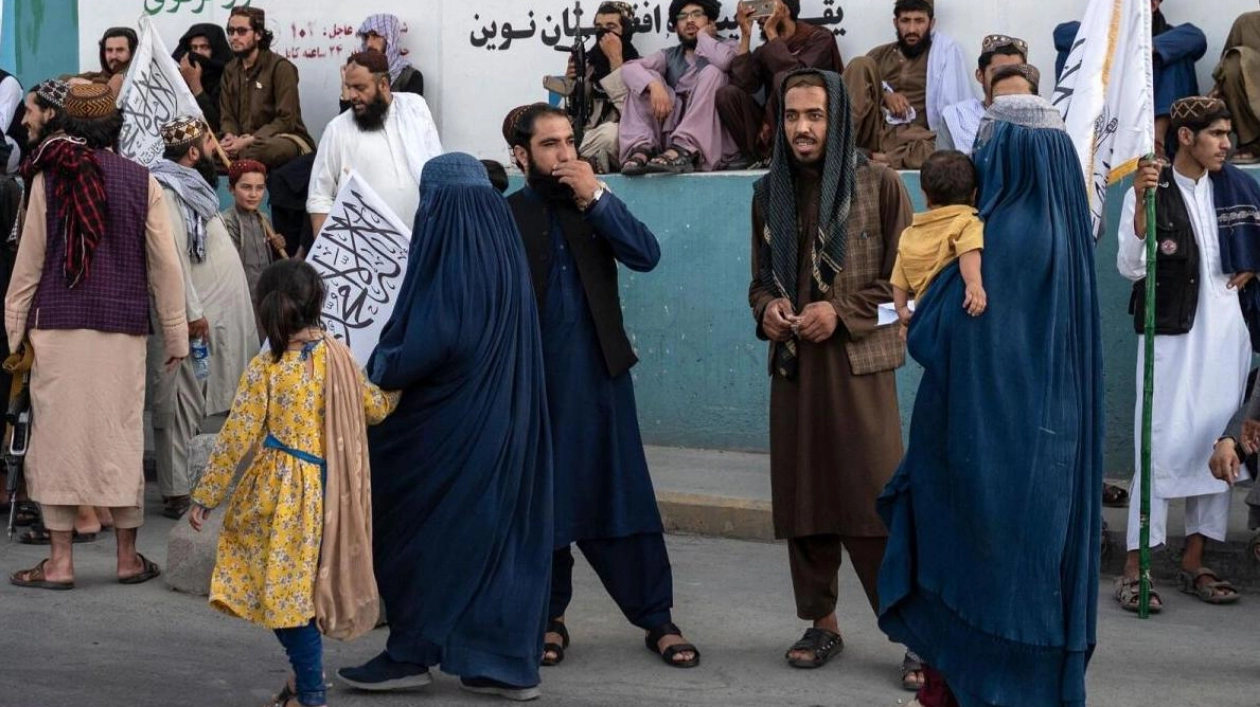The UN mission in Afghanistan expressed its concern on Sunday regarding a recently ratified morality law by the Taliban authorities, with particular criticism directed at the restrictions imposed on women. The Taliban announced the codification of a law comprising 35 articles on Wednesday, which outlines extensive behavioral and lifestyle restrictions based on their strict interpretation of Islamic law. The law prescribes escalating penalties for non-compliance, ranging from verbal warnings to threats, fines, and various lengths of detention, enforced by the morality police under the Ministry for the Propagation of Virtue and the Prevention of Vice.
"This presents a disheartening outlook for Afghanistan's future, where moral inspectors possess the authority to threaten and detain individuals based on broad and often ambiguous infractions," stated Roza Otunbayeva, the head of the UN Assistance Mission in Afghanistan (UNAMA). "Following decades of conflict and amidst a severe humanitarian crisis, the Afghan people merit far better than facing threats or imprisonment for seemingly minor offenses such as tardiness to prayers, glancing at a non-family member of the opposite sex, or possessing a photograph of a loved one," Otunbayeva added.
Numerous aspects of this law have been informally enforced since the Taliban's return to power in August 2021, and it is uncertain whether their formal codification will result in stricter enforcement. Women have been disproportionately affected by these restrictions, which the UN has termed 'gender apartheid,' pushing them out of public life. Otunbayeva noted that the law "further intensifies the already unbearable constraints on the rights of Afghan women and girls, where even the sound of a female voice outside the home is considered a moral transgression."
The law mandates that women must cover their faces and bodies when outside and ensure their voices are not audible. The UN also voiced concerns about restrictions on religious and press freedoms, as the law dictates that media must not publish content deemed hostile to Sharia law and religion or depict living beings. However, the law includes positive provisions, such as bans on the mistreatment of orphans and 'bacha bazi,' a practice where older men coerce boys into dressing as girls and sexually exploit them.






